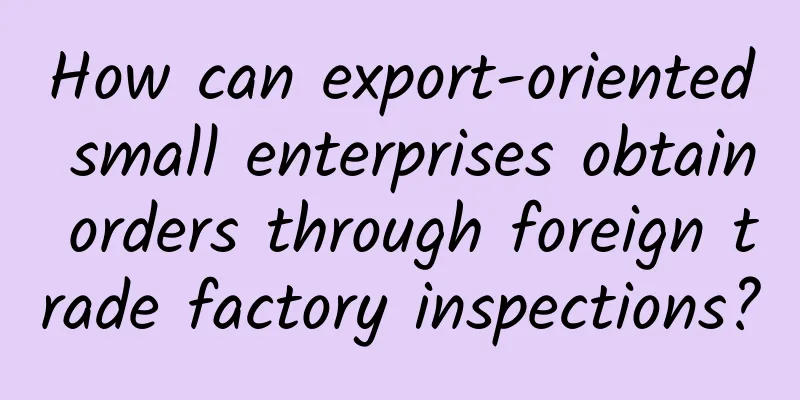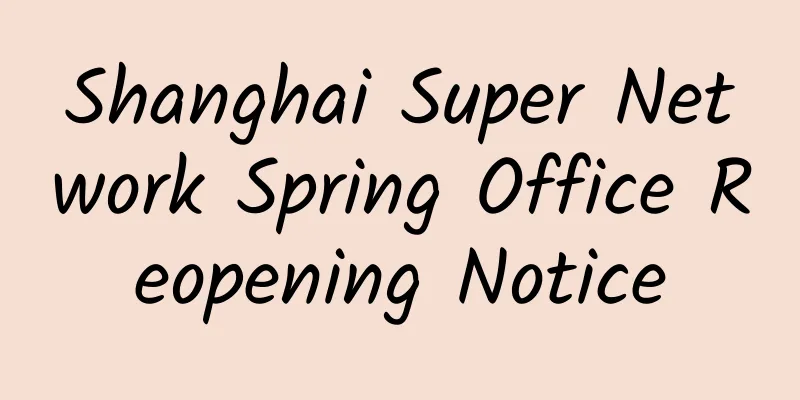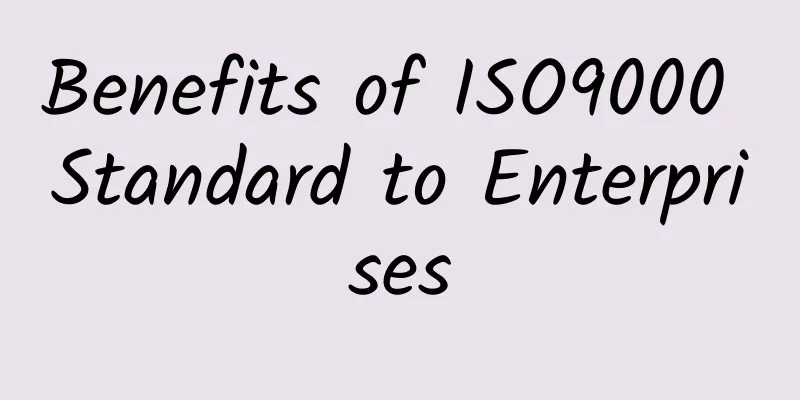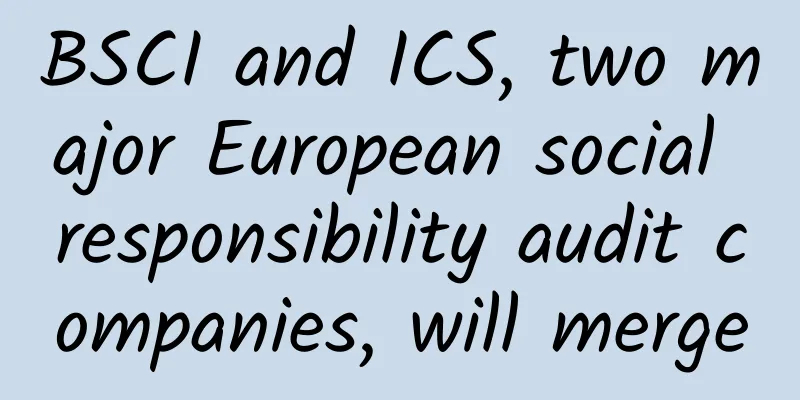Walmart's recent factory inspection requirements
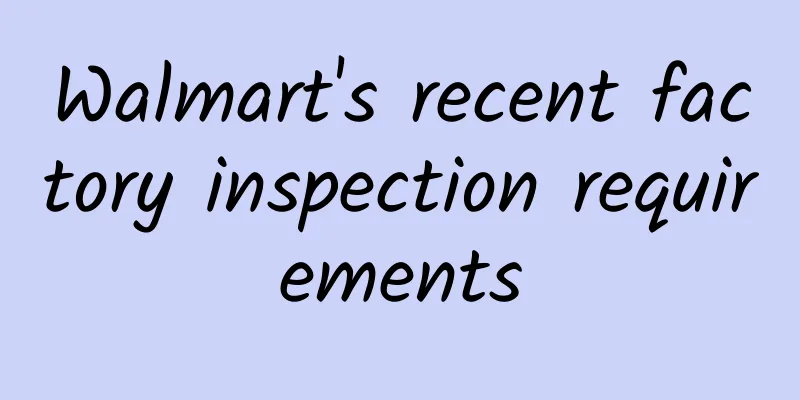
|
Wal-Mart's new factory inspection requirements: Suppliers must ensure that each production facility complies with national and local environmental laws, including all laws related to waste disposal, air emissions, emissions, toxic substances and hazardous waste disposal. Suppliers must verify that all input materials and components come from international treaties, in addition to local laws and regulations that allow for harvesting. In addition to meeting specific laws and regulations, such as obtaining necessary licenses and approvals related to waste disposal, air emissions, wastewater discharge, water use, energy conservation, greenhouse gases, hazardous substances, environmental impact assessments, land use, noise pollution, Wal-Mart expects suppliers to implement measures to reduce air and water pollutants, energy and water use, and waste. Specifically: Waste Management - Suppliers must ensure that factories: Air Emissions Management - Suppliers must ensure that factories: Energy Use and Greenhouse Gas (GHG) Management - Suppliers must ensure that factories: Land use and biodiversity, suppliers must ensure that factories: Environmental Management System - Suppliers must ensure that factories: Hazardous Substance Management/Soil and Groundwater Pollution Prevention - Suppliers must ensure that factories: |
<<: Let’s see what the quality control department needs to prepare for the TS16949 system audit?
>>: WAL-MART factory inspection rectification report issues
Recommend
What is ClickBank? What are the advantages of ClickBank?
What is ClickBank? Founded in 1998, ClickBank is ...
How is Japan Sitong Transshipment? Why choose Sitong Transshipment?
Japan Sitong Transshipment has set up a warehouse...
What is Cyfe? How to use Cyfe to your advantage?
What is Cyfe? Cyfe is an analytics tool that aggr...
Tchibo Company's Code of Conduct for Social Responsibility in Factory Audits - Tchibo Factory Audit Consulting Special
Tchibo Company's Code of Conduct for Social R...
What is Landingi? What are the benefits and features of Landingi?
With Landingi, you don't need any programming...
Shanghai Chaowang's third training course - WRAP certification detailed explanation and practical course has started registration
【Shanghai】 Half-price factory inspection training...
What are the major categories of ISO9000 quality management system applications?
1. Agriculture and fisheries 2. Mining and quarry...
eBay and Noon sign cooperation agreement to enter the Middle East market
Middle Eastern e-commerce platform noon.com has a...
Due to the arrival of Typhoon Fitow, Zhejiang was affected by floods, and Yuyao was particularly hard hit. Please pray for Zhejiang.
Yuyao, impact, Shaoxing, Zhejiang, rainfall Yuyao...
eBay's 2019 Fall Seller Update is officially released, including seller tools, inventory optimization, seller protection...
eBay recently announced its Fall 2019 Seller Upda...
ACC Processing Plant Process Water/Ice Requirements
ACC certification processing plant for production...
eBay Beginner's Tutorial: Steps to Set Up Vacation Mode
You can put your store on holiday to display a me...
What is Xike? What services does Xike provide?
What is Xike? Shenzhen Xike Technology Co., Ltd.,...
What is Gratisography? How to use Gratisography
Gratisography is also a free online photo library...
What is Ezbuy? Ezbuy's advantages and entry conditions
Ezbuy was co-founded by He Jian and a group of am...
